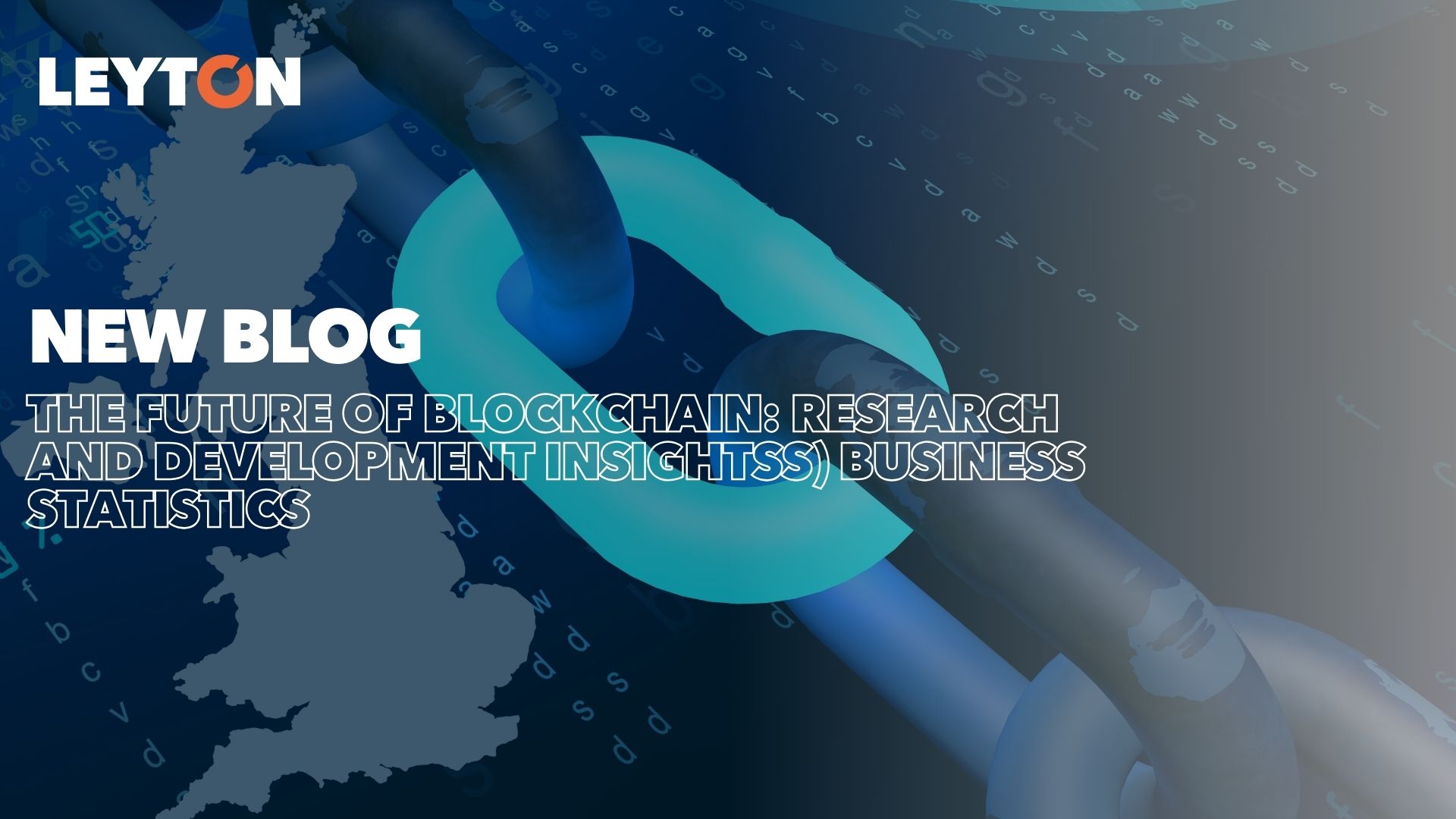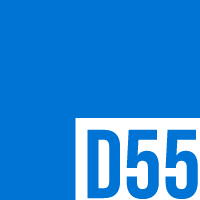
Blockchain technology is continually evolving, with significant research and development efforts driving its advancement. Here are some key areas where cutting-edge R&D is making an impact:
Enhancing Blockchain Ecosystems
Technological extensions to existing blockchain ecosystems such as Ethereum, Solana, and Cardano are crucial. These enhancements improve the functionality and efficiency of these platforms, making them more robust and capable of handling complex applications.
Dynamic User Access
The development of a blockchain-based architecture that dynamically provides user access in a peer-to-peer ecosystem is a significant breakthrough. This innovation enhances decentralization and user control, core principles of blockchain technology.
Scalability, Interoperability, and Security
Heightened blockchain solutions are being developed to improve specific metrics such as scalability, interoperability, and security. These improvements are essential for the widespread adoption of blockchain technology, ensuring it can handle increased demand while maintaining robust security protocols.
Integration with Legacy Systems
The development of integration layers supports the communication between blockchain networks and existing legacy systems. This integration is vital for businesses looking to leverage blockchain technology without completely overhauling their current infrastructure.
Advancements in Web3 and NFTs
Substantial enhancements to Web3 are being achieved through the development of a multichain hybrid NFT transactional system. Additionally, the creation of NFTs and NFT minting platforms on various blockchain ecosystems, using new programming languages like Plutus and Pact, is overcoming technical challenges and pushing the boundaries of what is possible.
Smart Contracts and Asset Tokenization
Improved methodologies in the deployment of smart contracts and asset tokenization are revolutionizing various business applications. These advancements streamline processes and create new opportunities for automation and efficiency.
DEX and DAPPs
Significant improvements to the architecture and processing capabilities within Decentralized Exchanges (DEX) and Decentralized Applications (DAPPs) are enhancing user experience and operational performance, making these platforms more attractive to users and developers alike.
Leveraging R&D Tax Credits
In the UK, the R&D Tax Credits scheme offers a valuable opportunity for businesses in the software industry, including those working on blockchain technology. This scheme allows companies to reduce their corporate tax bill or receive a tax refund based on a proportion of their R&D expenditure. It can be used by any limited company liable for corporation tax in the UK that meets the necessary R&D criteria, even on unsuccessful projects.
Whether you're developing a new process, product, or service, or improving an existing one, R&D Tax Credits can provide a vital cash injection. Since 2010, we have helped thousands of clients successfully claim more than £1 billion in R&D tax relief, driving innovation and growth. If you want to know if you're project qualifies you can speak to R&D Tax Credit specialists, Leyton UK.
Conclusion
The continuous R&D efforts in blockchain technology are paving the way for remarkable advancements. By leveraging the R&D Tax Credits scheme, businesses can secure the funding needed to drive these innovations forward, ensuring the UK remains at the forefront of technological development.








